Each month we bring you a selection of key peacebuilding dates in the month to come. Here are a choice of selected September events and observances.
15 September: “No Peace without Women, “What do Women Bring to Peace Processes, Conflict Prevention and Human Security?”

The Women’s Federation for World Peace International will be hosting a webinar, “No Peace without Women, “What do Women Bring to Peace Processes, Conflict Prevention and Human Security?” to commemorate International Peace Day. Afterwards, the event will have three sessions of 75 minutes, each with 3-4 speakers. In the second session, Inclusive Peace’s Executive Director Dr Thania Paffenholz will be making her contributions to the discussion “How do Women Negotiate Differently?”
15 September: International Day for Democracy
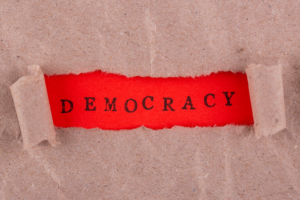
This year’s theme of “Strengthening democratic resilience in the face of future crises,” will be an opportunity to take a look at the state of the world’s democracies. It is important to recognise that democracy is not a static goal, but rather a process. The ideal of democracy can only become a reality with the full participation and support of the international community, national governing bodies, civil society, and individuals.
28 September: International Day for Universal Access to Information
In October 2019, the 74th UN General Assembly proclaimed 28 September as the International Day for Universal Access to Information (IDUAI) at the UN level. This year’s theme is, “Artificial Intelligence, e-Governance and Access to Information.” Inclusive Peace offers unrestricted access to our website’s resource page which has papers from policy briefs to reports. Based on our core themes, there are papers from policy briefs to reports focusing on inclusion in peace and political transition processes.
Photos from Freepix Photos

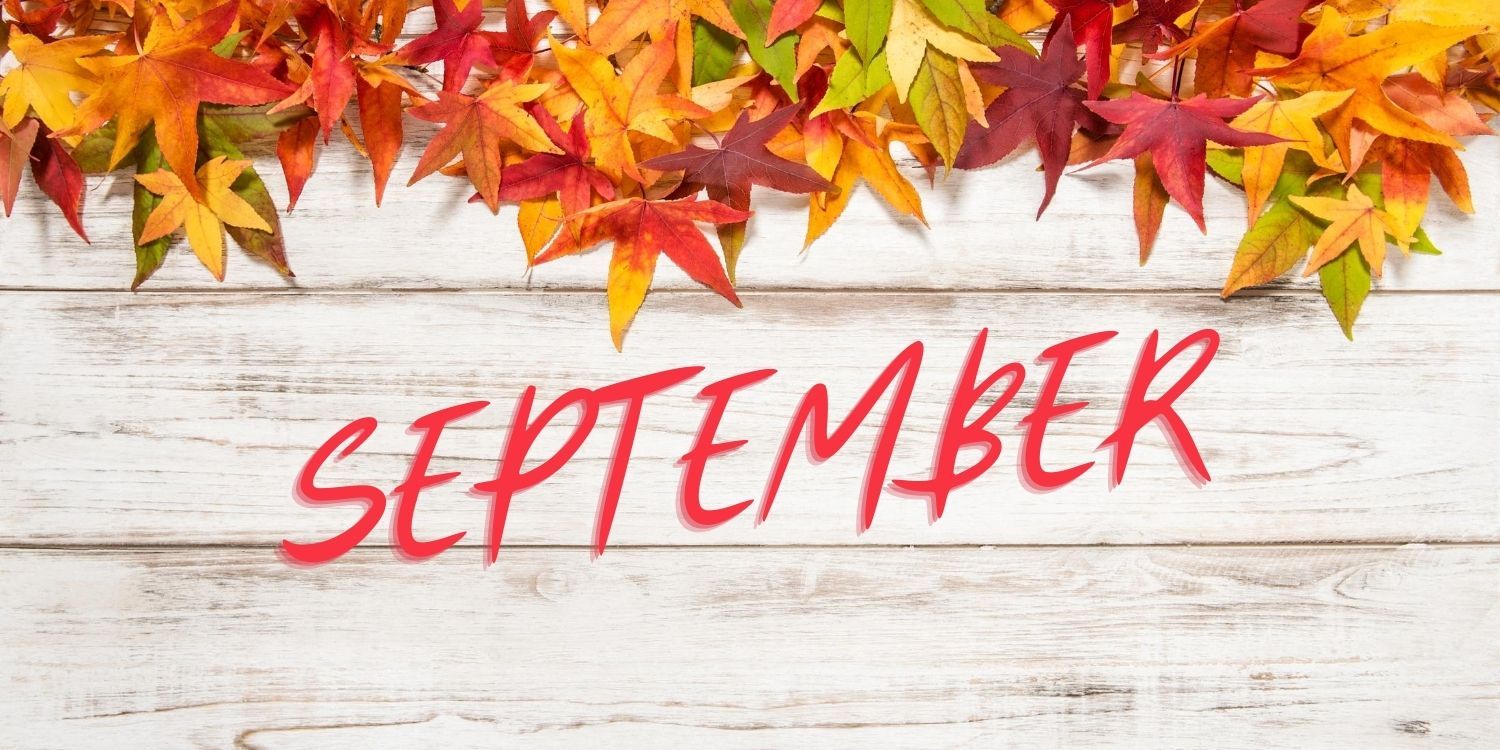

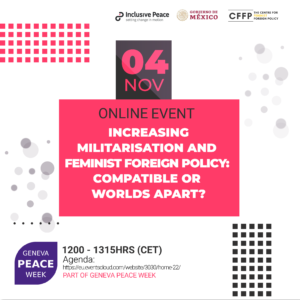
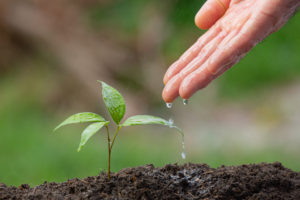
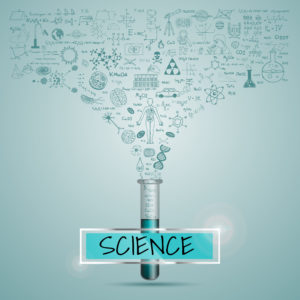 The annual observance of the International Week of Science and Peace is helping to spread knowledge about the role of science in peace-building projects worldwide. The week allows scientists to share their research with a wider audience and promote greater awareness among policy-makers, journalists and the public at large about how science can contribute to peace.
The annual observance of the International Week of Science and Peace is helping to spread knowledge about the role of science in peace-building projects worldwide. The week allows scientists to share their research with a wider audience and promote greater awareness among policy-makers, journalists and the public at large about how science can contribute to peace.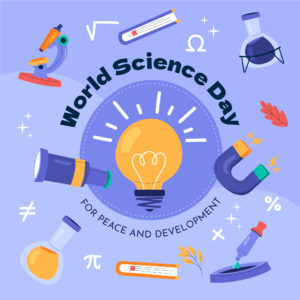
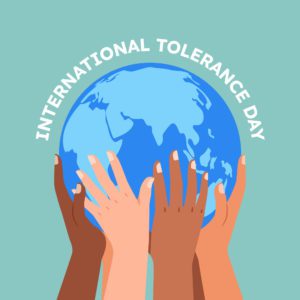
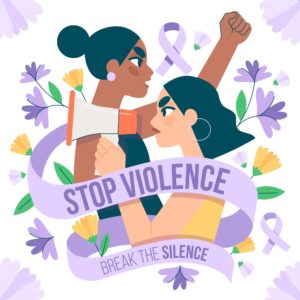 Women peacebuilders have faced increased attacks both online and offline, which hinders the work being done in peace processes. There are ways we can help keep the women from experiencing this violence and harassment. We highlight why this is urgently required and how everyone can pitch in. As in previous years, this year’s International Day for the Elimination of Violence Against Women launches 16 days of activism to be concluded on the 10th of December 2020 — the day that commemorates the International Human Rights Day.
Women peacebuilders have faced increased attacks both online and offline, which hinders the work being done in peace processes. There are ways we can help keep the women from experiencing this violence and harassment. We highlight why this is urgently required and how everyone can pitch in. As in previous years, this year’s International Day for the Elimination of Violence Against Women launches 16 days of activism to be concluded on the 10th of December 2020 — the day that commemorates the International Human Rights Day.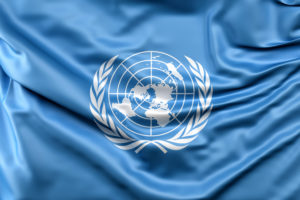
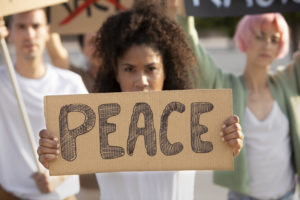
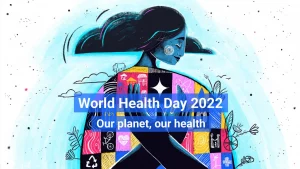
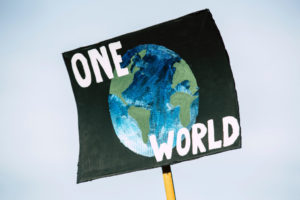 This year we celebrate Earth Day as a call to action for not only the climate crisis, but also the global business and political climate crises. The organisers have planned multiple initiatives, events and programmes to improve our climate literacy and get us involved in one of the five thematic areas from restoration to food security. Learn more
This year we celebrate Earth Day as a call to action for not only the climate crisis, but also the global business and political climate crises. The organisers have planned multiple initiatives, events and programmes to improve our climate literacy and get us involved in one of the five thematic areas from restoration to food security. Learn more 
